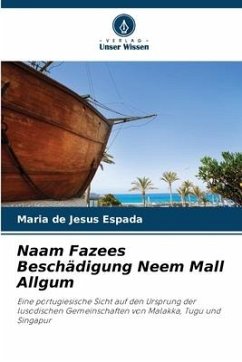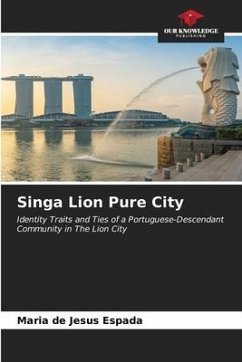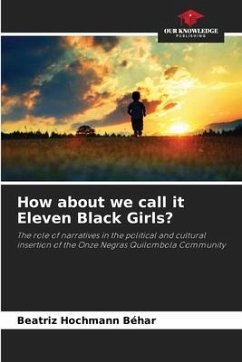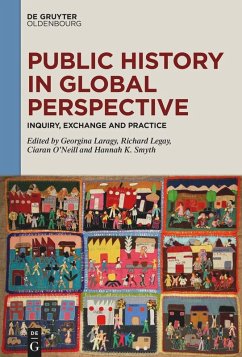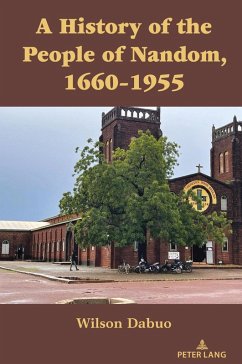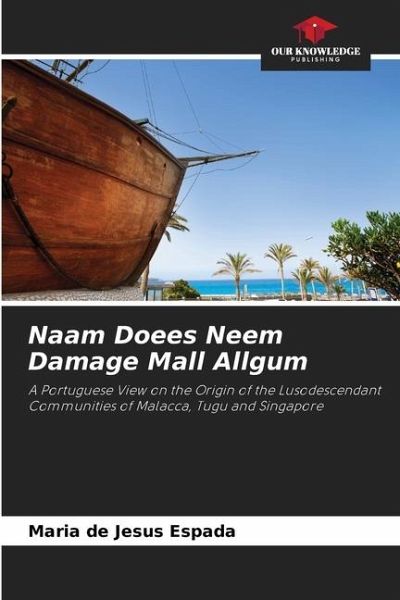
Naam Doees Neem Damage Mall Allgum
A Portuguese View on the Origin of the Lusodescendant Communities of Malacca, Tugu and Singapore
Versandkostenfrei!
Versandfertig in 6-10 Tagen
42,99 €
inkl. MwSt.

PAYBACK Punkte
21 °P sammeln!
This book is structured on the basis of the analysis of Portuguese views on Lusodescendant communities in Southeast Asia, which allows us to glimpse the successive dominant currents in the way of experiencing a space and a community and to guess details of the political and cultural contexts in which the works are produced. The work starts from the origin of the communities of Lusodescendants in Southeast Asia, focusing, in particular, on three surviving communities in Malacca, Tugu and Singapore, which, from the ethnic and linguistic point of view, have the sea as their cradle. Since this is ...
This book is structured on the basis of the analysis of Portuguese views on Lusodescendant communities in Southeast Asia, which allows us to glimpse the successive dominant currents in the way of experiencing a space and a community and to guess details of the political and cultural contexts in which the works are produced. The work starts from the origin of the communities of Lusodescendants in Southeast Asia, focusing, in particular, on three surviving communities in Malacca, Tugu and Singapore, which, from the ethnic and linguistic point of view, have the sea as their cradle. Since this is an analysis of the Portuguese gaze, primacy is given to Portuguese studies, and their philosophical, political and cultural frameworks, along with a general outline of the schools of knowledge and the constructions of knowledge.





